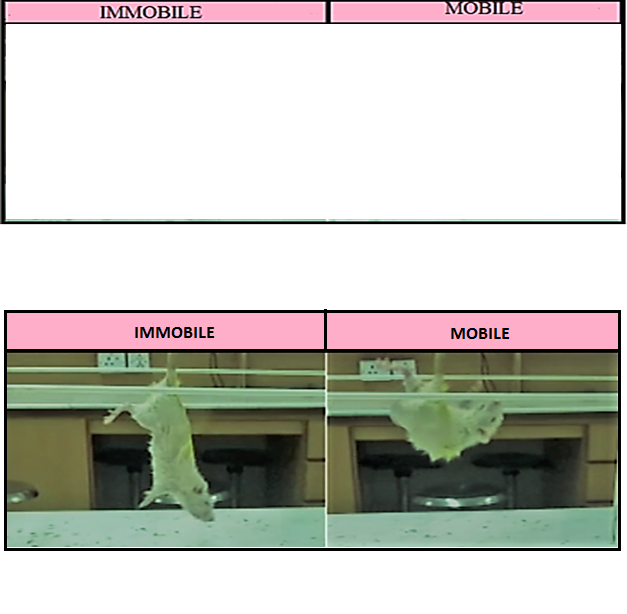EVALUATION OF ANTIDEPRESSANT ACTIVITY OF ETHANOLIC EXTRACT OF PULSATILLA NIGRICANS IN RATS
DOI:
https://doi.org/10.71146/kjmr484Keywords:
Pulsatilla Rigricans, antidepressant, Medicinal Herbs, Behavioral Skills TST and FSTAbstract
To analyze the traditional and scientific Last significance of Pulsatilla nigricans Linn, a tiny medicinal herb that could be used to treat many ailments either male equally It is respected in traditional Chinese medicine and its a heightened ability to relieve psychological disorders such as anxiety, depression, as well as mental health problems. These traditional ideas have stimulated modern scientific research to prove the herb's potential therapeutic properties. This study is aimed at investigating whether an ethanol extract of Pulsatilla nigricans leaves that has been extracted by the 70% method is effective in treating depression. Phytochemical studies often make use of extraction with ethylene (ethylene gallate), which is an efficient means of isolating the majority of active plant components. Those who were tested on the extract were given two doses, 250 mg/kg and 500 mg/kg. The species involved is likely a rodent, but its identity remains unknown. Two behavioral models, the Tail Suspension Test (TST) and the Forced Swim Test (FST), were employed to evaluate antidepressant activity. These models also measure time of immobility and show lower levels, which corresponds to activity corresponding to antidepressants. Treatment outcomes were significantly better for the treated group than for the control group, which supports the antidepressant properties of the extract. The results of this research offer evidence for the traditional use of Pulsatilla nigricans for mental health and highlight its potential as a natural antidepressant substitute. Additionally, further investigations could aid in identifying the active compounds that caused these effects and verifying the extract's safety and effectiveness on humans.
Downloads

Downloads
Published
Issue
Section
License
Copyright (c) 2025 Rafia Sadaf, Ishrat Younus, Sidra Maqbool, Noor-ul-ain, Talha bin Fayyaz, Tahmina Maqbool (Author)

This work is licensed under a Creative Commons Attribution 4.0 International License.






